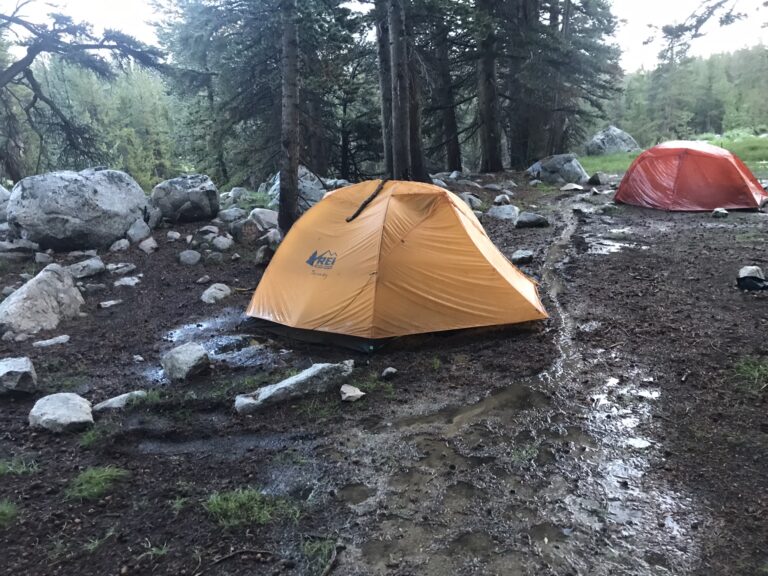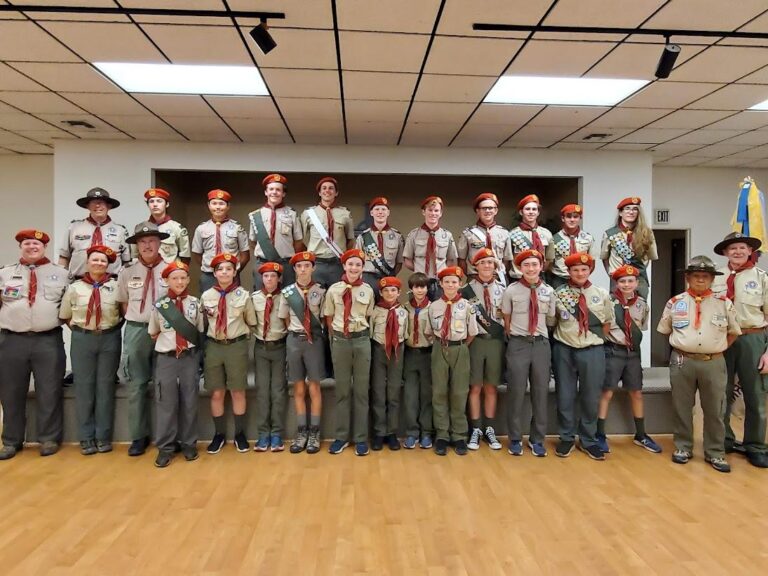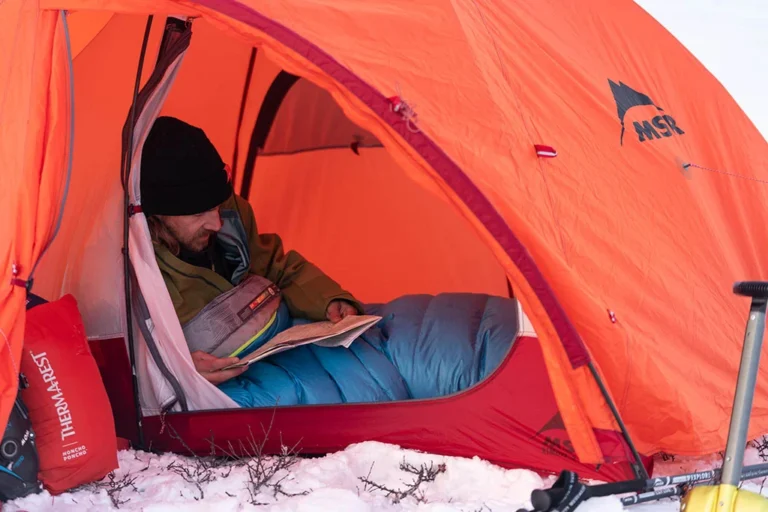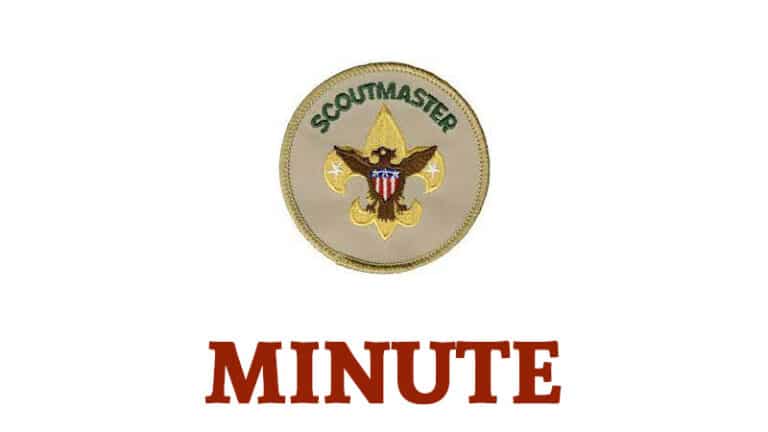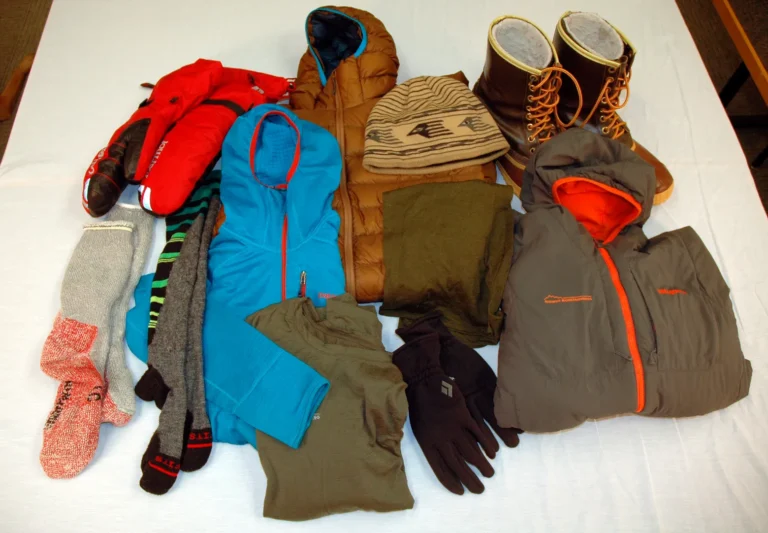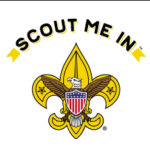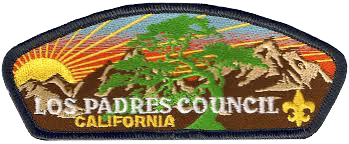Cleanliness
Cleanliness and personal hygiene are not big issues on an overnight backpacking trip other than a change of socks and underwear.
On longer trips, however, you will need to wash yourself at some point. On any trip, you’ll probably want to brush your teeth. Here are some general tips for cleanliness and personal hygiene while on the trail.
Teeth: Cut your toothbrush handle short. This isn’t even as much about weight as it is about fitting it more conveniently in your bathroom kit. Take a small tube of toothpaste or you can bring a little baking soda in a plastic bag, and brush with that.
Body: Bring biodegradable soap and use very little. Dr. Bronner’s Liquid Soap, Pure Castile Soap is one of better choice. You can use this for your body, shampoo hair, clothing, and even dishwashing. Make sure you do washing 200 feet from lake and stream.
There are many who think we should essentially have no contact with nature except to walk through it. I don’t buy that idea. Wash up in that lake or stream – just don’t use shampoo or soap. A bandana can be used for simple “sponge baths.” Get it wet and wipe yourself down.
Hands: To wash up, apply a dime sized dollop of unscented sanitizer to your hands and rub vigorously for 20 seconds. If the sanitizer evaporates before that time, then you didn’t use enough.
Soap, warm water, and friction remove fatty deposits found in food, especially meats. Use a biodegradable cleaner like Dr. Bronner’s Liquid Soap and rub your hands for one minute.
Clothing: Change your clothes and underwear when you’re done hiking for the day.
Swimming in a lake with your shirt on will wash it out well enough, and it will dry quicker if you just leave it on for awhile. To wash clothing, carry some water away from a stream or lake (at least 200 feet) and wash with biodegradable soap.
Washing Dishes: The “leave no trace” actually recommend straining out food particles from your dishes and packing them out. The wild carrots all over the wilderness are the same species as the ones I bring with me, so how can a few pieces hurt? They don’t.
Go ahead and wash out your pan using water from a lake or stream. Just dump the wash water away from at the base of a bush, or in a small hole scraped in the sand. The odd noodle or two may be ugly, and certainly can attract animals (keep that in mind), but otherwise there is no study showing that our dishwater is destroying the wilderness.
Hygiene: Anti-bacterial hand sanitizer, in one-ounce plastic bottles, is a convenient way to clean your hands on the trail.
Water bottles are more sanitary than bladders, because there are no outside exposed mouthpieces that can get dirty.
